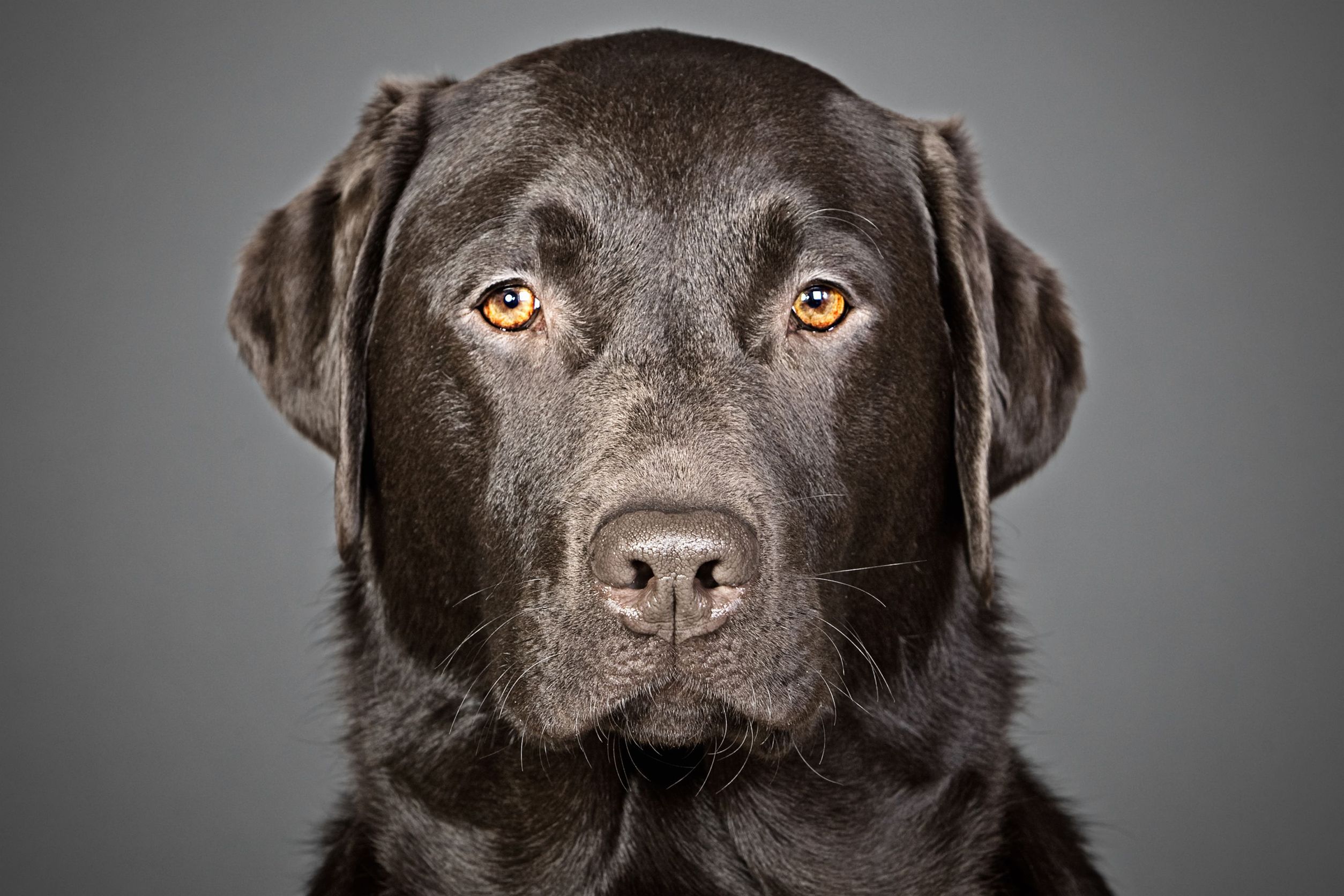#1 Tick and flea detection and removal
Ticks and fleas are a problem that you do not want to get out of hand. Look at your pets coat and skin to see if you notice small bugs that would burrow (ticks) or jump (fleas) and treat your pet immediately. We can help you find the perfect combs, lotions, and shampoos to eliminate fleas and ticks. Now it’s time to prevent this from happening in the first place.
#2 Detox your house
Fleas and ticks spread rapidly and especially when fleas are in the house, they tend to be hard to get rid of later. Fleas lay eggs that will hatch even after you have already cleaned the house. They usually can live around four weeks, so getting them all out of the house can be a real pain. Needless to say, after having bathed your pet, we want to try to keep him flea-free. So any tools and towels used in the flea removal process should be promptly washed. All of your companion’s plush toys, blankets, bed, etc., should all be screened and washed in case of eggs that will hatch later.
#3 Detox your yard
A big step to tick- and flea-free dogs is avoiding breeding grounds for them in the yard. Many of us forget this essential step, yet ticks and fleas do not just grow on animals – they come from outside. It is as important as ridding your pet and house of these nasty parasites. If you have a fenced-in yard, make sure you take the time to inspect it. Ticks and fleas tend to enjoy living in tall grass, and where there is heat and moisture. Therefore, regular trimming and grass cutting are a good place to start.
#4 Shampoo
Yes, I know what you are thinking – again? Regular shampooing during peak tick and flea season is a big help. There are many homemade or store-bought shampoos to help your pet stay as tick- and flea-free as possible. It is, however, important to choose wisely. Read labels and warnings. We encourage pet owners to consider their pet’s age before using some products.
#5 Repellents and treatments
You have done a wonderful job for your pets if you have managed to do steps 1-4. No pet could ask for a better pet parent. Yet, sadly, while these steps do help, they do not guarantee against future infestations. This is why our last step should not be overlooked. Last but certainly not least, repellent and treatment. After shampooing your pet, which you now know is tick- and flea-free, try using an insect repellent.






